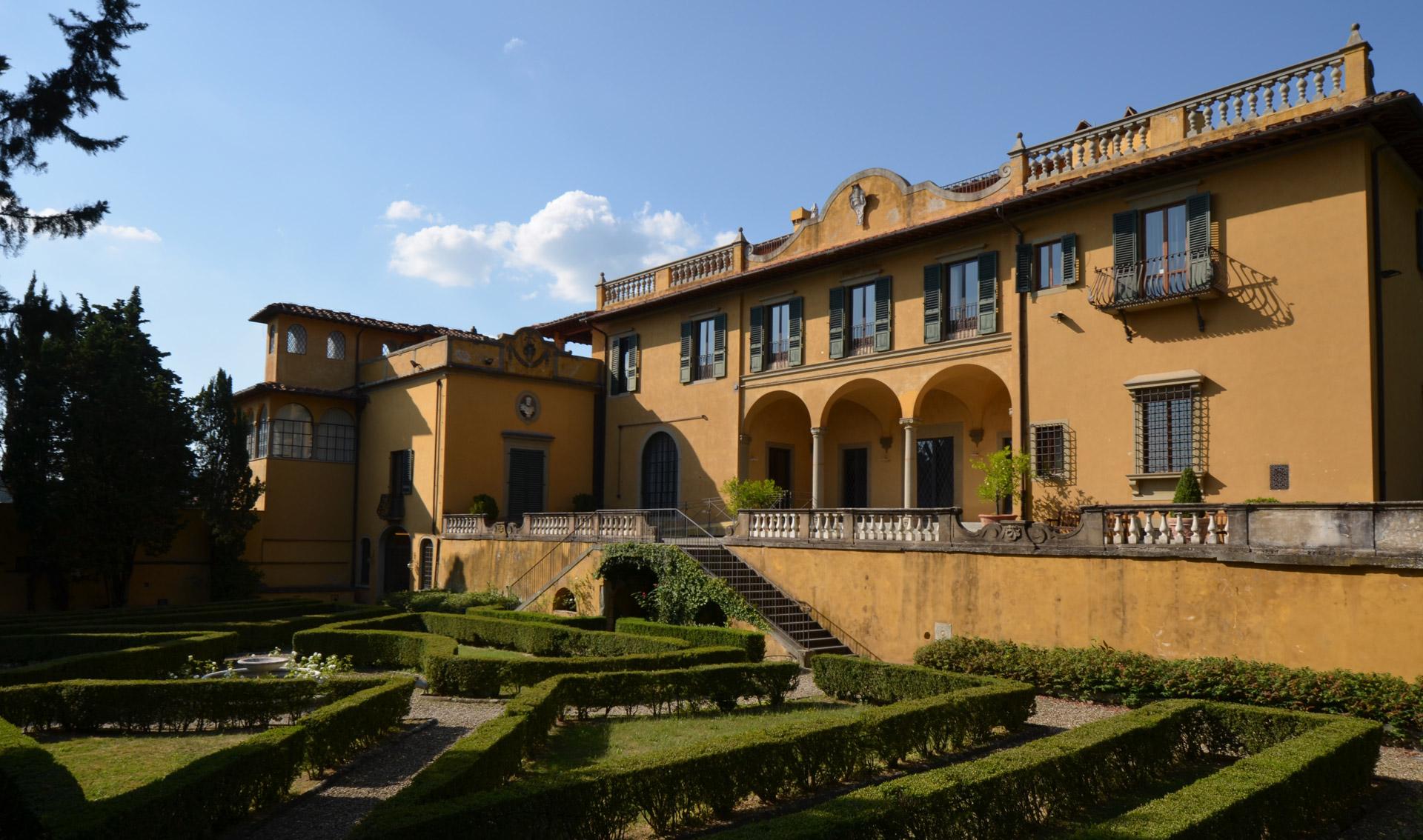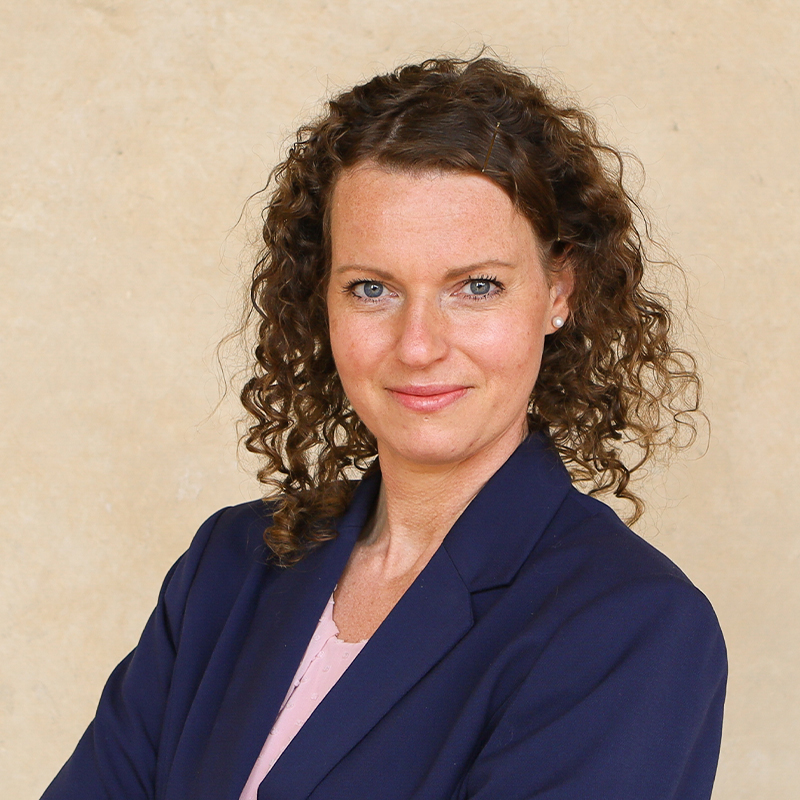
The team

Lenka Dražanová
Visiting Fellow
Robert Schuman Centre
Office
San Domenico - Convento, SD026
Working languages
Czech, English
Biography
Lenka Dražanová is a Visiting Fellow at the Migration Policy Centre. Her research interests lie in the fields of political behaviour, public opinion, comparative politics and political sociology. Lenka is interested in the factors that contribute to the formation of public opinion and attitudes (particularly attitudes to historically disadvantaged groups) using quantitative methods. Lenka has published in a number of peer-reviewed international academic journals such as Political Studies, Acta Politica, Journal of Ethnic and Migration Studies, International Journal of Intercultural Relations and others.
Lenka´s primary research agenda has two specific areas that revolve around the question whether we can really identify a current shift towards less tolerant, populist and nationalist societies and politics (especially in Europe), and if so, how we can explain the underlying causes. Firstly, she examines the development of populism, nationalism and xenophobia and the challenges they provide to (liberal) democracy. Secondly, she focuses on comparative political behaviour and political/social attitudes and their interdependence with policy, institutions, political actors and cultures.
In her book ‘Education and Tolerance’ Lenka analyses quantitatively cross-national variations in the effect of education on social and political tolerance based on a large-scale survey. Lenka received her PhD (Summa Cum Laude) in political science from the Berlin Graduate School of Social Sciences at Humboldt-Universität zu Berlin in 2016. She holds additional degrees in political science from Central European University (Hungary) and Charles University (Czech Republic). She was also awarded a Humboldt Postdoc Scholarship at the Humboldt-Universität zu Berlin under the German Excellence Initiative.
Research topics: public opinion and attitudes, attitudes formation, comparative political behaviour and quantitative methods.
Geographic areas: Europe, central and eastern Europe.
Recent research output
Authors: ŠEDOVIČ, Michaela;DRAŽANOVÁ, Lenka
Migrant and non-migrant views on immigration in Europe - ArticleAuthors: DRAŽANOVÁ, Lenka;GONNOT, Jerome
Are natives collar-blind? : migration flows and attitudes toward immigration - ArticleAuthors: SEIGER, Fiona;KAJANDER, Nina;NEIDHARDT, Alberto-Horst;SCHARFBILLIG, Mario;DRAŽANOVÁ, Lenka;DEUSTER, Christoph;KRAWCZYK, Michal;BLASCO, Andrea;ICARDI, Rossella;TZVETKOVA, Marina;BAKKER, Lieke;OLIVO RUMPF, Karelis
Navigating migration narratives : research insights and strategies for effective communication - Technical ReportAuthors: DRAŽANOVÁ, Lenka
More educated, more pro-immigration? : understanding the conditional effect of education on support for immigration in Europe - OtherAuthors: DRAŽANOVÁ, Lenka;RUHS, Martin
The moral conflict underpinning public perceptions of fairness in asylum decision-making - Working PaperAuthors: DRAŽANOVÁ, Lenka
Public fairness perceptions of the use of biometrics and automated decision-making in border control : experimental evidence from five European countries - Working PaperAuthors: DRAŽANOVÁ, Lenka;RUHS, Martin
Understanding public perceptions of fairness in asylum decision-making - OtherAuthors: KEDA, Marina;DRAŽANOVÁ, Lenka;GEDDES, Andrew;SEIGER, Fiona;TARCHI, Dario;LASHCHUK, Iuliia
Migration governance in times of crisis and disinformation : the case of Ukraine - OtherAuthors: JEANNET, Anne-Marie;DRAŽANOVÁ, Lenka;VRANCEANU, Alina
Editorial : agents of political socialization in the 21st century - ArticleAuthors: JEANNET, Anne-Marie;DRAŽANOVÁ, Lenka
Blame it on my youth : the origins of attitudes towards immigration - Article
